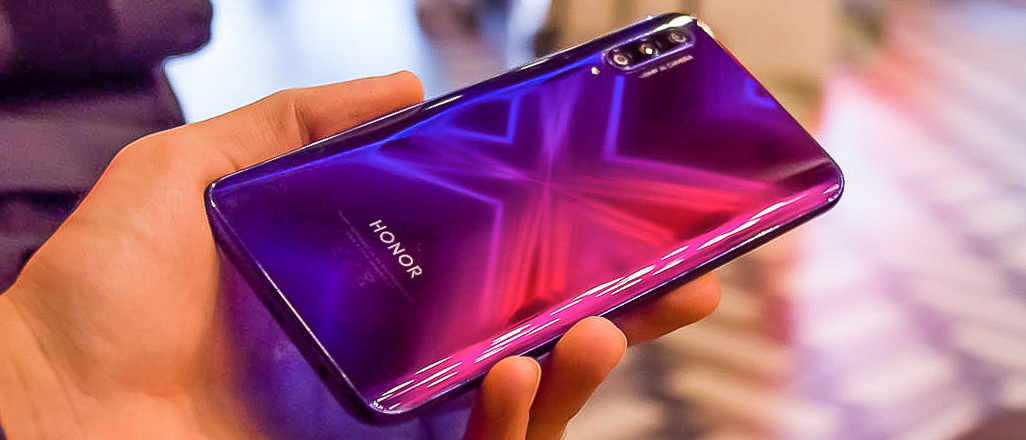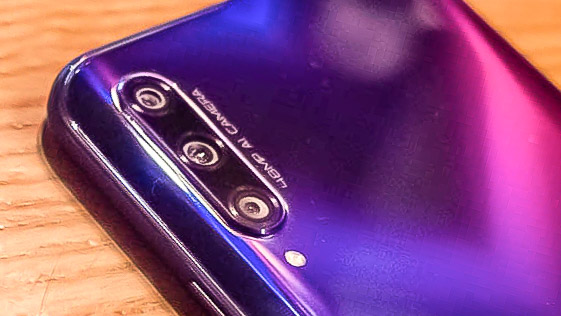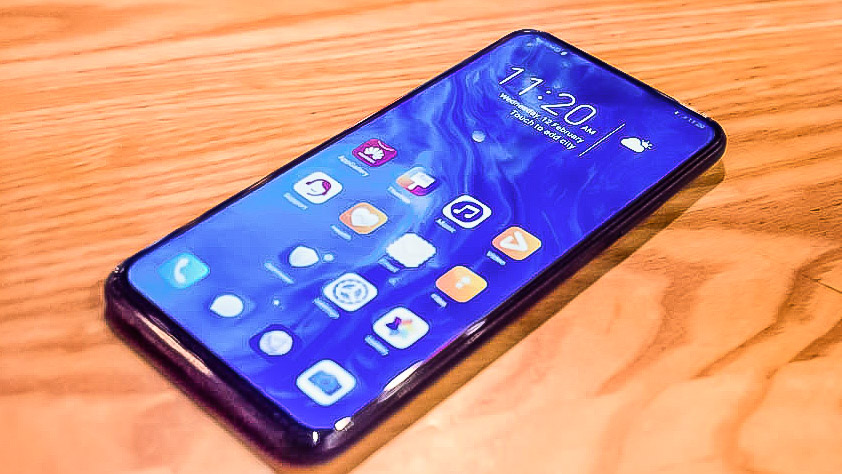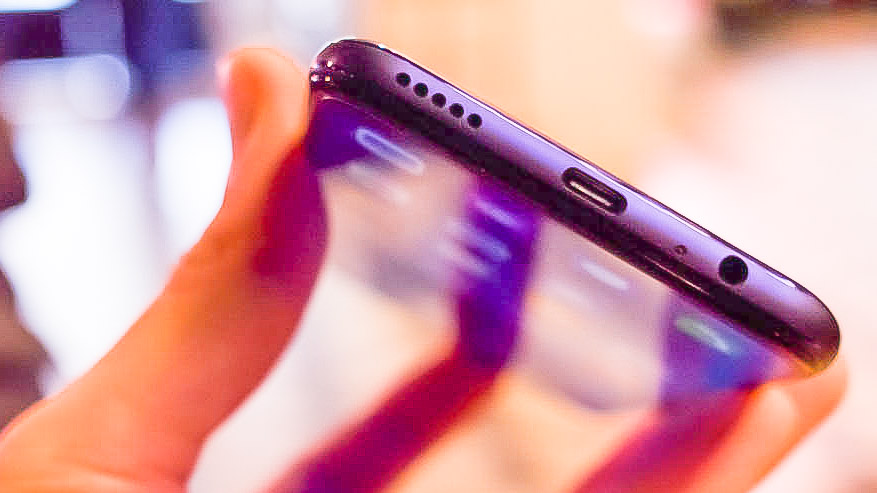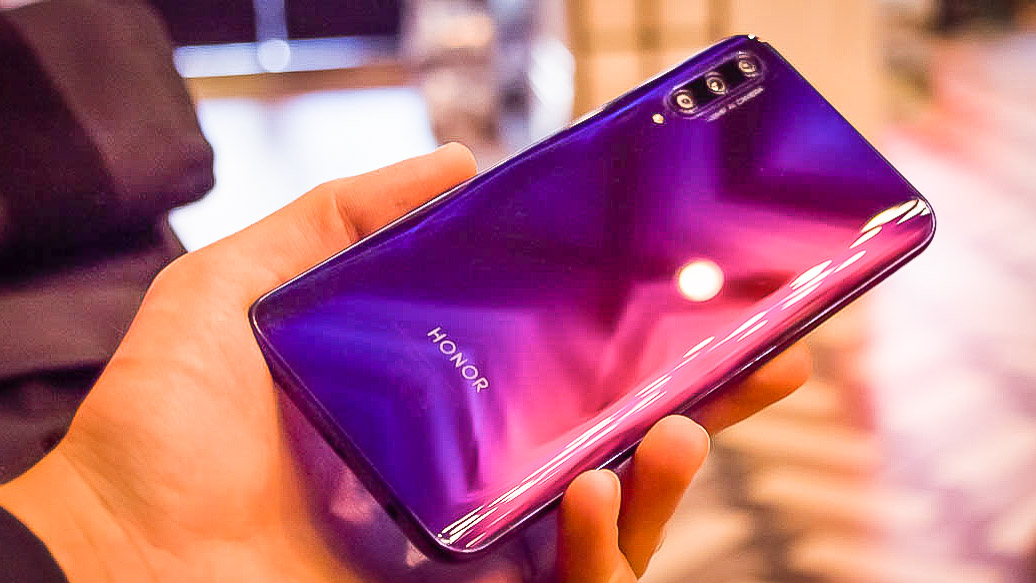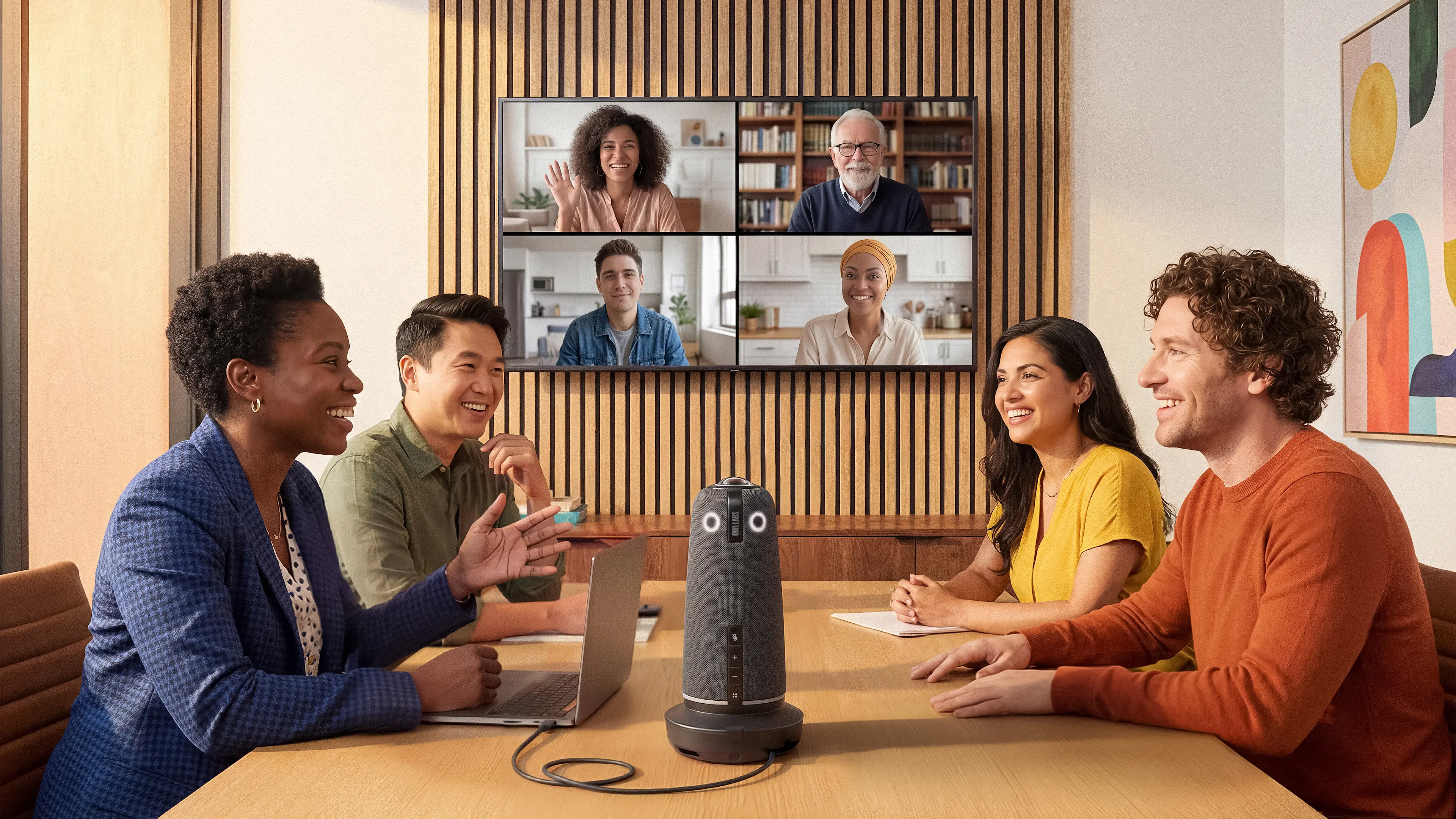Early Verdict
Would we recommend picking up the Honor 9X Pro? Not just yet - wait to see how the lack of Google apps affects western reviewers and users. Having said that, if the price is right, and you want a bit less Google in your life, then it could be a great shout for anyone who can't stump up the £899 for the Mate 30 Pro, which just launched in the UK.
Pros
- +
Quad-lens rear camera
- +
16MP selfie camera
- +
256GB of storage
Cons
- -
No Google apps
- -
No time of flight camera
Why you can trust Digital Camera World
Despite the cancellation of the smartphone trade show, Mobile World Congress (MWC) 2020, smartphone launches from the likes of Sony, Huawei, and now, Honor, have gone ahead as planned.
The Chinese brand's would-be MWC smartphone announcement is the all-screen Honor 9X Pro. While it was announced in China in 2019, it's now destined for other markets, making it the phone maker's first Android device to launch outside China with no Google Mobile Services. Promising Honor's trademark great value and premium midrange hardware, can you really get excited about a phone that doesn't come loaded up with staples like Drive, Gmail, and YouTube? If you want a value for money and a Google-free life - yes you can.
Honor 9X Pro camera
With a familiar 48MP primary camera, the Honor 9X Pro combines big pixels with a wide f/1.8 aperture. The Sony sensor uses traditional 4-in-1 pixel binning, making the most of its ½-inch CMOS sensor.
As with many midrange camera phones, there's also an ultra-wide-angle camera, with a 120-degree field-of-view, distortion correction and an 8MP resolution.
Despite the fact there's no time of flight camera here, you do still get a 2MP depth camera which combines with an f/2.4 aperture for depth perception across all but the lowest light conditions.
What's refreshing about Honor's cameras is that across price points, they still deliver full manual controls and fun features like handheld light trail capture, and a long exposure AI Super Night Mode.
As for selfies, the phone's striking notch-free design and 92 per cent screen-to-body ratio is achieved thanks to the fact the 9X Pro packs a pop-up front camera. Complete with 16MP resolution and an f/2.2 aperture, selfies grabbed on it should be as sharp as they need to be, even in middling light.
The best camera deals, reviews, product advice, and unmissable photography news, direct to your inbox!
Honor 9X Pro design and screen
We reviewed the Honor 9X and couldn't help but be impressed by its value, though the phone's plastic back, which is significantly more prone to scratching than glass needs to be sheathed in a case unless you don’t mind scuffs. That back is the first key area the 9X Pro wins the day, with its glass back, metal frame and side-mounted fingerprint scanner.
The phone's screen measures 6.59-inches, with a respectable resolution of 2340 x 1080. It's an IPS panel, so won't deliver the inky AMOLED blacks other phones like the Oppo Reno 2 do, however, given Honor’s reliably low price, this isn't a deal-breaker.
As for colors, the Honor 9X Pro is available in either Midnight Black or Phantom Purple.
Additional specs
Also mightily impressive, there's 256GB storage inside, which is expandable by up to an additional 512GB.
Powered by a Kirin 810 chipset, coupled with 6GB RAM, performance is also boosted over the Honor 9X, and with an ample 4000mAh battery inside, it should get through a day with no issues based on the numbers.
Interestingly, the phone doesn't run with Android 10 and EMUI 10, instead, launching with last season's Android.
Early verdict
Would we recommend picking up the Honor 9X Pro? Not just yet - we would wait to see how the lack of Google apps affects western reviewers and users when production samples are available. The key question will be the price – and whether you are happy to have a little less Google in your life.
Read more
• Smartphone news, camera phone leaks and mobile rumors
• Best budget camera phone in 2020
• The best camera phone in 2020
• The best add-on lenses for iPhone and Android phones
• The best gimbals for your iPhone, GoPro and camera
• The best selfie sticks
Basil Kronfli is a freelance technology journalist, consultant, and content creator. He trained in graphic design and started his career at Canon Europe before moving into journalism. Basil is also experienced in video production, independently running the YouTube channel TechEdit, and during his time at Future, he worked alongside the Digital Camera World team as a senior video producer.
